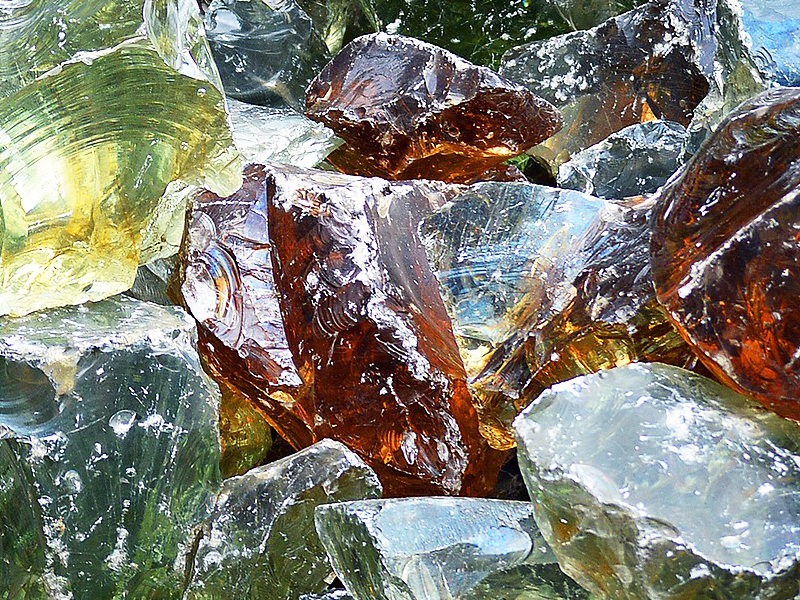Washington's Contamination Reduction and Outreach Plan - CROP
In 2019, the Washington Legislature directed us to develop a plan to reduce recycling contamination. We collaborated with stakeholders to develop a statewide Contamination Reduction and Outreach Plan (CROP).
The CROP includes strategies to increase efforts across the state to reduce recycling contamination.
Commingled recycling, the big bin where you place all your locally-accepted recyclables, has boosted participation in the recycling system.
But making the recycling system easier to use has also made it easier to misuse. Improperly recycling materials can ruin large amounts of other recyclables, causing them to be landfilled instead of becoming new products.
Contamination occurs when people try to recycle:
-
Non-recyclable materials
-
Recyclables not accepted by their recycling service
-
Food and liquid
Contamination leads to higher processing costs for recycling facilities and causes material to be landfilled that would normally be recycled. The higher the contamination level, the higher the chance that more material will be landfilled. Entire bales of recyclable materials are landfilled in the worst contamination cases. Recycling contamination can also pose hazards to sorting facility workers.
China and other major overseas recycling buyers have gone so far as to restrict recycling imports that are excessively contaminated. This is what sent recyclable materials markets into a tailspin and led to the recycling crisis that started in 2018.
Status and published documents
The statewide CROP public comment period was Aug. 7 – 31, 2020. We published the final plan and best management practices on Oct. 1, 2020.
Washington State Recycling Contamination Reduction and Outreach Plan (CROP)
Recycling Contamination Reduction Best Management Practices & Resources Companion Guide
Counties with more than 25,000 residents and some cities must include a CROP in their solid waste management plans by July 1, 2021.Local jurisdictions may use Local Solid Waste and Financial Assistance or Waste Reduction and Recycling Education Grants to develop and implement their CROPs.
Related links
Contact information
Diana Wadley
Lead local government planner
diana.wadley@ecy.wa.gov
425-429-4639


